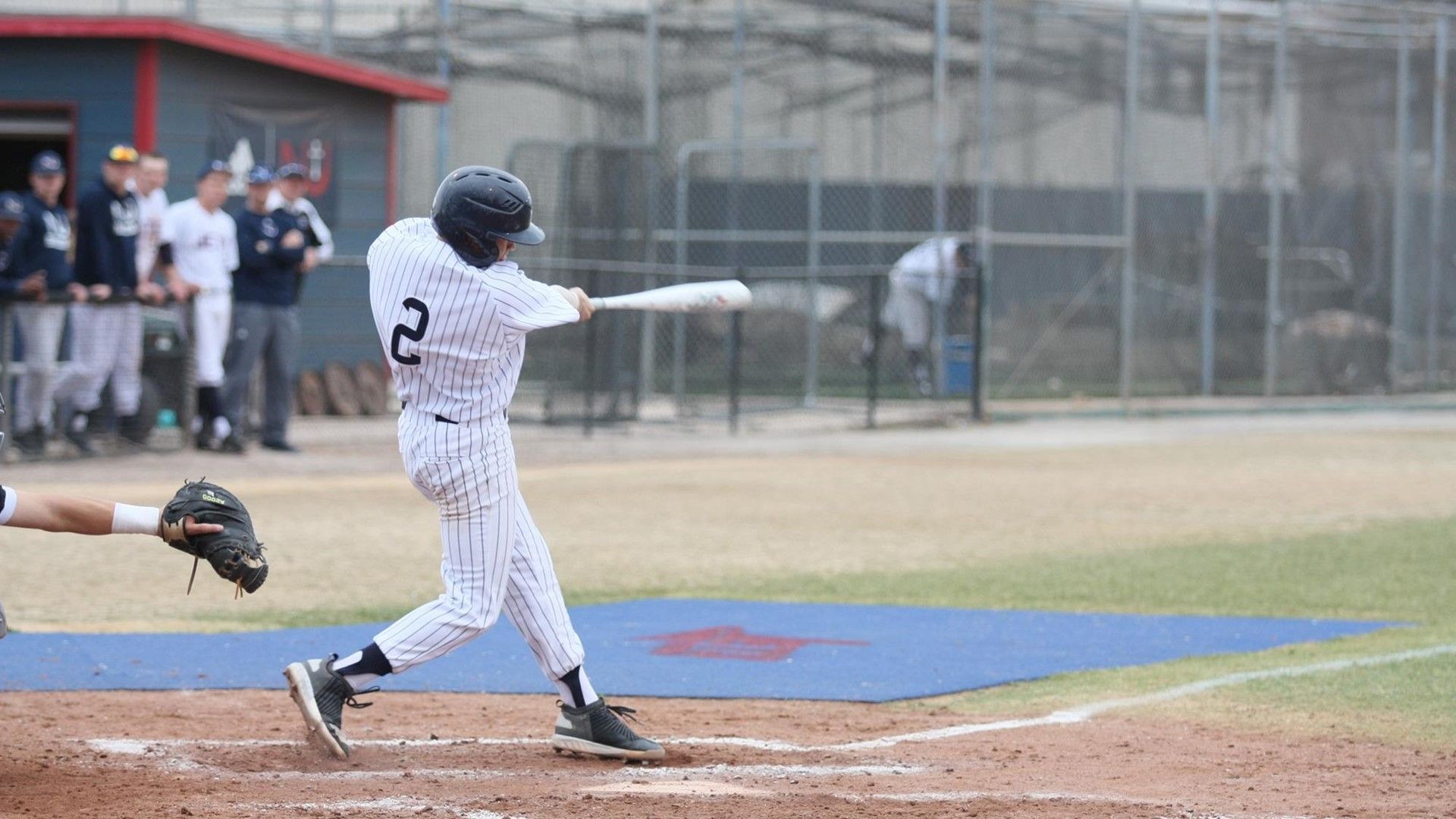By Madeline Alvarez, Staff Writer
An unlikely coincidence recently caused some Newman athletes to undergo drug testing twice in two weeks, Cam Clark, athletics trainer, said. The first test, conducted on Nov. 7, was done by the National Collegiate Athletic Association (NCAA). The second drug test, which took place a week later on Nov. 14, was performed by the university.
Clark said that Newman had already scheduled its institutional drug test when the athletic department received the news that the NCAA was coming in to conduct its own drug test in addition to the institutional one.
“We are at the mercy of the NCAA,” Clark said. “They called us and said, ‘We are coming in tomorrow. Here’s your list; contact these athletes…’ It looked like we were just drug testing everybody, but the first one was actually NCAA.”
The NCAA chooses a school and lets the institution know that they are coming to do drug tests. These tests are done randomly without much notice. In 2017, Clark said, the NCAA did not come in to drug test, but they did come in to test in 2016.
“The NCAA will choose a sport that they want us to test. We send them a roster and then they randomly choose 10 people off of that roster. It was baseball this time,” Clark said.
The NCAA highly recommends institutions conduct their own drug tests in addition to the ones conducted by the NCAA itself, hence the university’s scheduled testing. Newman tests random athletes during its scheduled drug testing, which usually takes place once in the fall and once in the spring. The teams that underwent the institutional drug testing this semester included men’s and women’s bowling, men’s and women’s basketball, cheer, wrestling, baseball and softball.
Clark said that the drug tests are supposed to be educational rather than hindering to students.
“We’re not looking to kick people out of school. We’re looking to help them out a little bit… When we have our big athletes’ meeting before the seasons start, we discuss drug testing and what’s illegal, and what they should and shouldn’t be doing.”
Although Clark said he was unable to reveal the statistics for how many students failed the drug tests, he said that there does not seem to be an increase in drug use this semester.
“We did have some suspicion through different people around campus. They assumed that maybe somebody was doing something illegal, so they wanted to have them drug tested. So we did have some additional drug tests along with our random picks...” Clark said. “Every year that I’ve been here for the past 14 years, we’ve always had people on the staff that have had suspicions... We always have some issues.”
Clark said that suspicions regarding drug use are usually correct, although sometimes the results do come back negative.
Illegal drugs include all street drugs, marijuana, amphetamines, barbiturates and cocaine. Newman does not test for steroids but the NCAA does.
If an athlete is taking a medication prescribed by a doctor, whether it be for an injury or for routine use, this would not count against them in a drug test, as long as there is documentation to show that it was a physician’s orders. Athletes who have ADD or ADHD, for example, will test positive for amphetamines.
“As long as we have proper documentation, we turn that in to the NCAA, and it’s usually clear…” Clark said. “And we do have a physician through our organization that does the proper ADHD testing. And that’s one of the things we go over in our all athletes’ meeting: that the athletes that are on ADHD medication need to have formal testing on file with us.”
Clark said that the institution has a ‘three-strike approach’ disciplinary system for athletes who test positive for illegal drugs.
The first and second offense require counseling through the university. In addition, the first offense requires a conference call with the athlete’s parents, discretional punishment through the coach and retesting after 30 days. The second offense requires that the athlete sit out for 25 percent of their games, depending on what the NCAA allows for that sport.
“So if it were a 30 game schedule, then they would be suspended for seven games,” Clark said.
For the third offense, the athlete will be removed from the team and their athletic scholarship will be revoked after that semester. However, the student is still allowed to continue their education at Newman.
“So we don’t kick them out of school, we still allow them to go to school. That’s what they’re here for,” Clark said.
PHOTO: ATHLETIC TRAINER CAM CLARK said the NCAA randomly chose a Newman sport, with the baseball team picked. Courtesy photo, Newman Athletics
